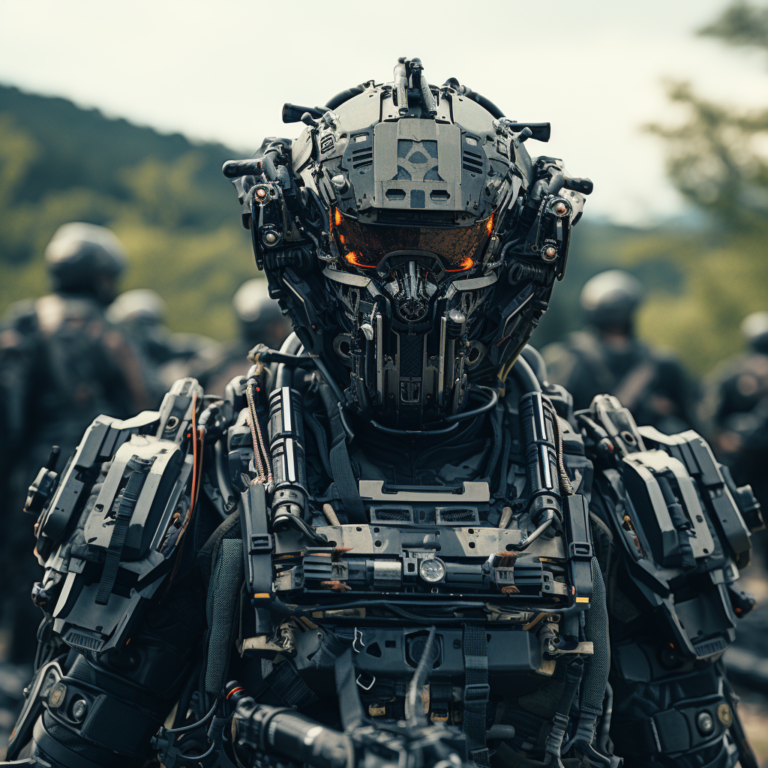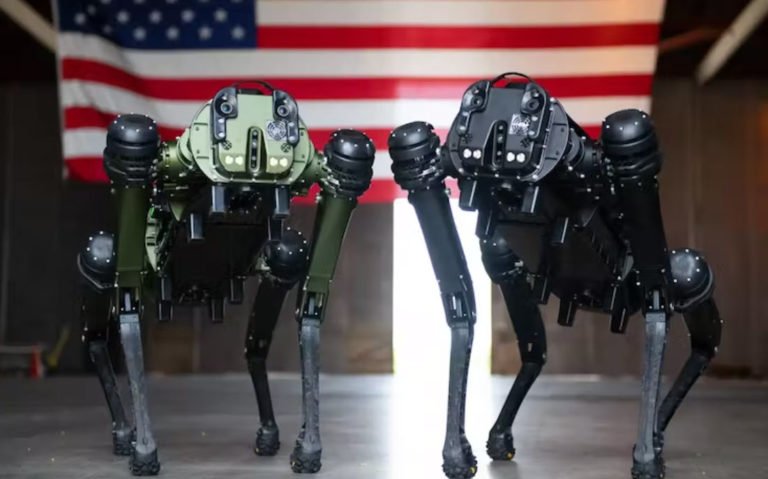Lethal Autonomous Weapons and the Risk of World War III: Stopping the March of the Killer Robots
Lethal autonomous weapons (LAWs), also known as “killer robots,” are systems that can select and engage targets without human intervention. As these technologies continue to evolve, they raise alarming concerns about their potential to trigger conflicts, including a third world war. These weapons could operate at speeds and with precision far beyond human capabilities, which creates both military advantages and moral dilemmas.
Unlike traditional weapons, LAWs challenge the principle of human accountability in warfare. Without humans in the decision-making loop, there’s a fear that these systems could be deployed in unethical ways or malfunction, causing catastrophic consequences. Moreover, the use of LAWs could escalate conflicts quickly, reducing the opportunity for human diplomacy or intervention to prevent violence.
Key Concerns Surrounding Lethal Autonomous Weapons
- Lack of Accountability: If machines make life-and-death decisions, who will be held responsible for the consequences?
- Escalation of Conflict: Autonomous systems could accelerate the pace of warfare, removing opportunities for human mediation or peaceful resolution.
- Ethical Dilemmas: Can a machine fully comprehend the nuances of the laws of war or the moral aspects of taking a life?
There is still time to halt the development of lethal autonomous weapons through international treaties and global cooperation. However, the window for regulating these technologies is closing as major powers continue to invest in their development.
Based on an article from: The Conversation.







